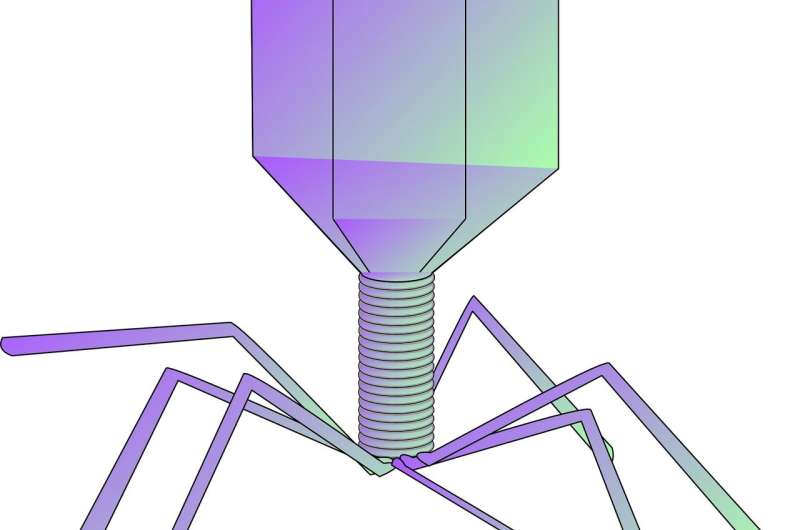Building better bacteriophage to combat antibiotic-resistant bacteria

Researchers are pursuing engineered bacteriophage as alternatives to antibiotics to infect and kill multi-drug resistant bacteria. The potential for an innovative synthetic biology approach to enhance phage therapeutics and the role a biofoundry can play in making this approach feasible and effective is discussed in an article in PHAGE: Therapy, Applications, and Research.
The article entitled "Building Better Bacteriophage with Biofoundries to Combat Antibiotic-Resistant Bacteria" was coauthored by Karen Weynberg, Ph.D., The University of Queensland (St. Lucia) and CSIRO Future Science Platform (Brisbane) and Paul Jaschke, Ph.D., Macquarie University (Sydney), Australia. The authors discuss the promise of phage therapy as a radical alternative to antibiotics, and the use of synthetic biology to engineer novel phage with desirable characteristics. They also describe the emerging use of cutting-edge facilities called biofoundries, in which automated, high-throughput laboratory processes can accelerate the bioengineering, modification, and selection of bacteriophage, making their development more effective and cost-efficient.
"This article nicely summarizes the state-of-the-art in terms of using molecular biology to create 'next-generation phages,'" says Martha Clokie, Ph.D., Editor-in-Chief of PHAGE and Professor of Microbiology, University of Leicester (U.K.). "Once we have understood the biology of these organisms, the sky is possibly the limit in terms of how we can engineer them to make them even more attuned to specific purposes."
More information: Karen D. Weynberg et al, Building Better Bacteriophage with Biofoundries to Combat Antibiotic-Resistant Bacteria, PHAGE (2019).
Provided by Mary Ann Liebert, Inc














